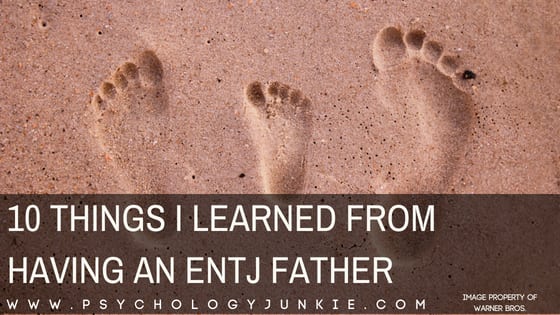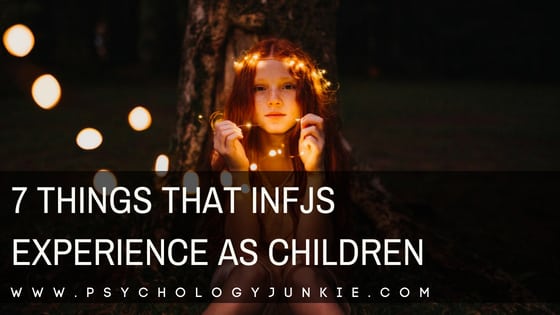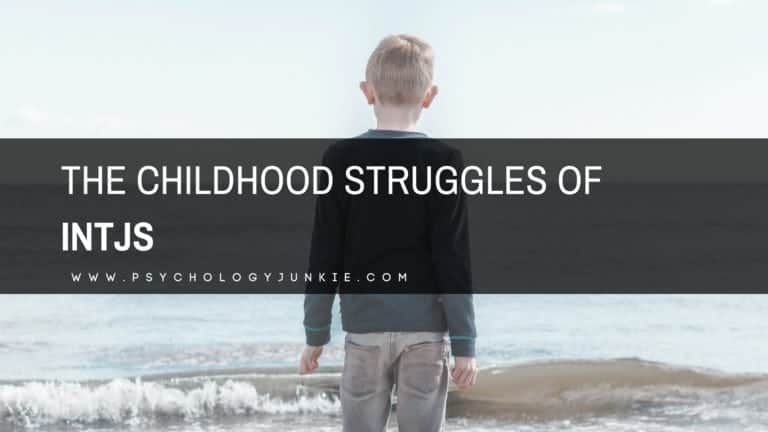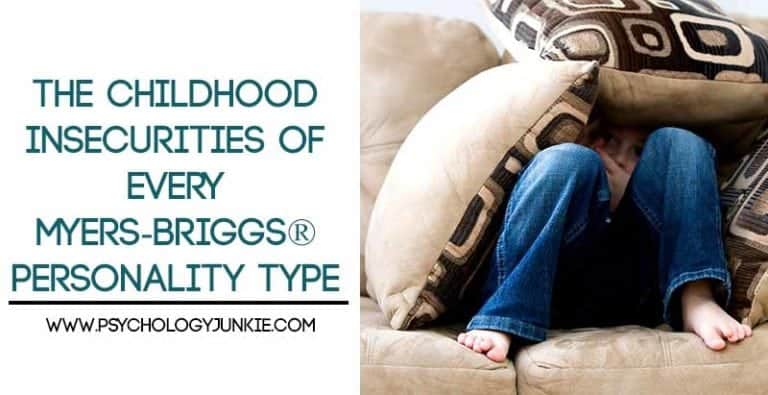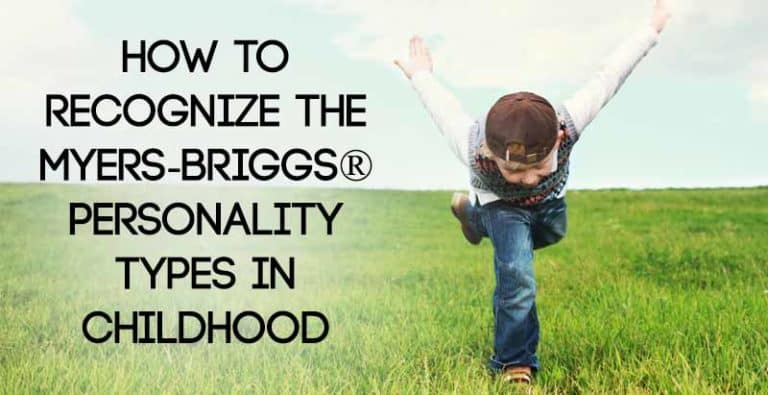10 Things I Learned From Having an ENTJ Father
I don’t write a lot of personal articles on this blog. Partially because I feel like anecdotal evidence is open for scrutiny so I’m hesitant to use it to “define” type. That said, I thought I’d make a switch today and write about my personal experience as the daughter of an ENTJ. Having studied type…


